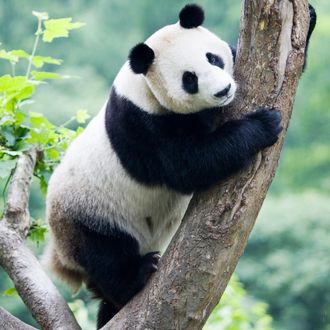
The possibility of our planet going through another mass extinction certainly doesn’t inspire feelings of cheerful optimism, but looking at life on Earth from beyond the human perspective, is it necessarily a bad thing either? Writing in Aeon, early environmentalist Stewart Brand not only doesn’t see enough evidence to support the recent panic about an ocean life die-off, he recommends we step back and reexamine what extinctions really mean for the natural world. He contends that even under the throes of climate change or another catastrophe, nature will surprise us with its power to adapt:
Move, adapt or die. When organisms challenged by climate change respond by adapting, they evolve. When they move, they often encounter distant cousins and hybridise with them, sometimes evolving new species. When they die, they leave a niche open for other species to migrate or adapt into, and a warming climate tends to open the way for more species rather than fewer. … Throughout 3.8 billion years of evolution on Earth, the inexorable trend has been toward an ever greater variety of species. With the past two mass extinction events there were soon many more species alive after each catastrophe than there were before it.
There is no reason to be sanguine about climate change. It is the most serious problem currently facing humanity and nature. It might lead to the loss of some species that we lament greatly, but it will also usher in new species, and unless there is extremely ‘abrupt’ climate change, net biodiversity is unlikely to decrease dramatically. Abrupt-change scenarios have been dropping out of the climate models lately, thanks to ever-improving data and growing knowledge about climate dynamics. My own prediction is that climate change will be deemed intolerable for humans long before it speeds up extinction rates, and even if radical steps have to be taken to head it off, they will be taken.
Brand is also active in efforts to bring back currently extinct species and is especially bothered by what he regards as media hyperbole regarding mass die-offs, claiming that it leads to “lazy romanticism about impending doom”:
No end of specific wildlife problems remain to be solved, but describing them too often as extinction crises has led to a general panic that nature is extremely fragile or already hopelessly broken. That is not remotely the case. Nature as a whole is exactly as robust as it ever was — maybe more so, with humans around to head off ice ages and killer asteroids. Working with that robustness is how conservation’s goals get reached.






























